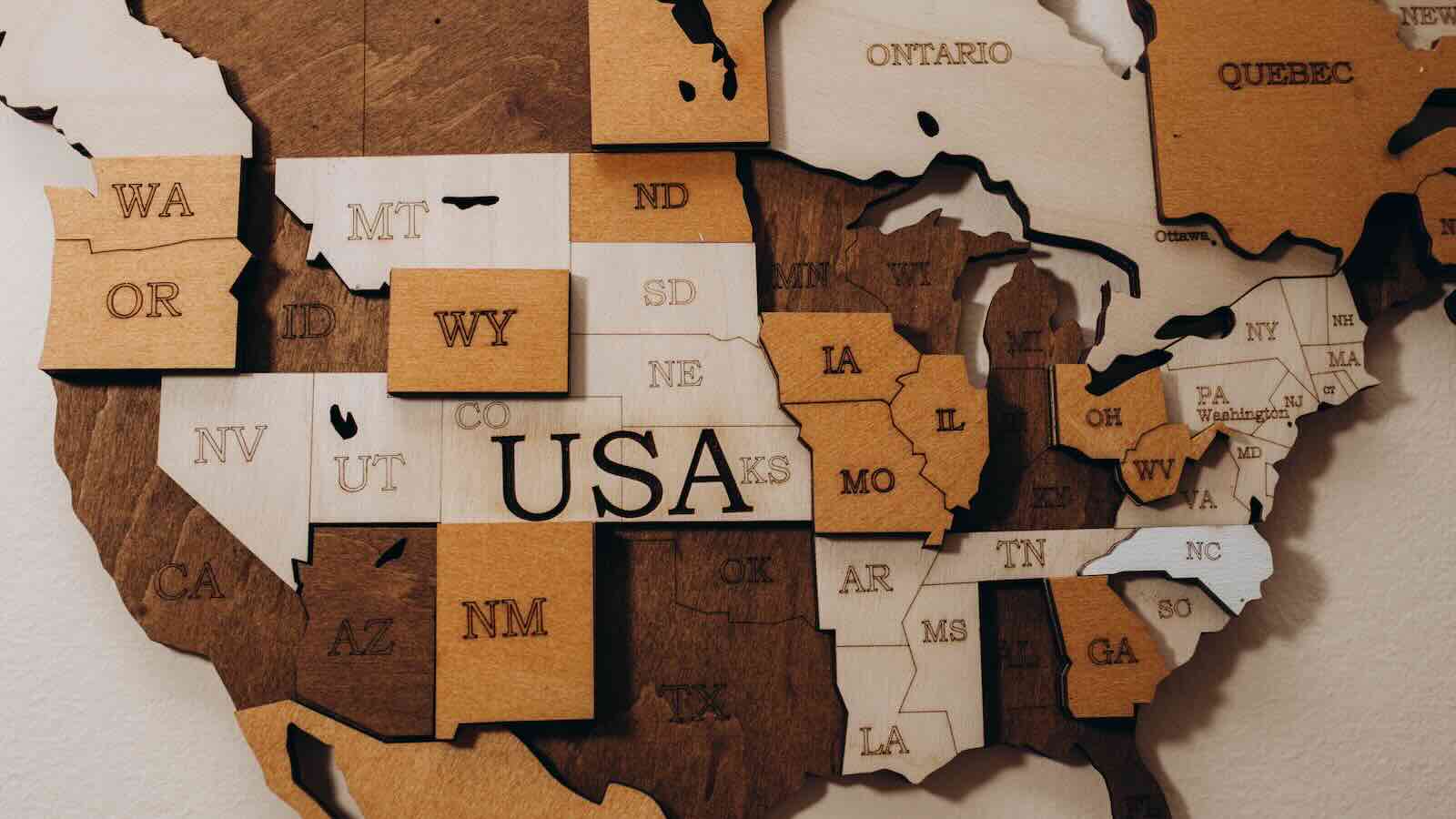Gambling Bills In Two States To Expire Without Action As Two More Look To 2025
Take a quick tour around the country for what’s on tap as the calendar turns to (20)25
2 min

As the year comes to a close, now just five days away and counting, gambling-related legislation in two states is set to expire with no clear indication that lawmakers will revisit these efforts in 2025. This leaves the future of gambling regulation in these states uncertain, even as new initiatives in two other states gain attention for potential consideration in the coming legislative sessions.
In Michigan, as highlighted by iGaming Business, Senators Jeremy Moss and Sam Singh submitted two bills this month aimed at increasing tax revenue from gambling operations. These proposals, however, will not carry over to the 2025 session, effectively dying when everyone is ringing in the new year.
Senate Bill 1193 sought to increase the tax on non-tribal wagering operators’ adjusted gross receipts (AGR). This minor adjustment – a slight bump from 8.4% to 8.5% – was designed to raise the tax revenue for cites, increasing it to 31% from its current level of 30%. Tribal gaming, conducted on reservations, remains untaxed under federal law.
The second proposal, Senate Bill 1194, focused on online gaming, suggesting a 1% tax increase across Michigan’s tiered system. Operators earning less than $4 million in gross gaming revenue (GGR) currently pay 20%, while those earning at least $12 million have to turn over 28%.
The bill proposed raising each tier by one percentage point. Despite the relatively modest changes, neither bill gained traction, leaving the state without progress on gambling reform.
Ohio’s online gambling and tax reform stalls
In Ohio, legislative efforts to expand gambling also stalled in 2024. Sen. Niraj Antani introduced SB 312 in September, a proposal to legalize online gambling by allowing all 11 casinos in the state to operate one digital platform or “skin.” This bill, like Michigan’s, will not carry over to 2025.
Complicating matters, Antani, who spearheaded Ohio’s existing sports betting law, has reached the end of his time in of office, leaving the future of gambling expansion uncertain.
Antani also introduced a bill to cut the tax rate on Ohio’s sports betting operators from 20%—a rate Governor Mike DeWine implemented in 2023—back to the original 10%. Despite its potential impact on operators and players, however, the bill never received a hearing.
With no clear successor to Sen. Antani’s gambling reform efforts, Ohio’s path forward, like that of Michigan, remains uncertain.
South Carolina and Texas poised for debate
In contrast to Michigan and Ohio’s legislative stagnation, South Carolina and Texas are entering 2025 with pre-filed gambling bills that aim to capitalize on the growing national interest in legal sports betting and casino gaming.
South Carolina has two significant proposals. The first, HJR 3353, would authorize a constitutional amendment to give voters a chance decide on legalizing in-person pari-mutuel and sports betting. It also seeks to authorize casino games, including slot machines and table games.
Revenue from these expansions would be allocated to infrastructure projects such as the maintenance of roadways. The second bill, HB 3625, focuses exclusively on digital sports betting, allowing up to eight, and implementing a 12.5% tax on GGR.
Casino Reports‘ Eric Raskin suggests keeping an eye on South Carolina.
Texas, meanwhile, is also considering gambling expansion. Sen. Carol Alvarado filed SJR 16, a constitutional amendment that would legalize sports betting and allow for seven destination-resort casinos.
The proposal also includes a new state gaming commission and sets a 15% tax on casino gross gaming revenue. However, despite significant lobbying efforts, including a $13 million campaign from Miriam Adelson and Las Vegas Sands, the bill still faces an uphill battle in a traditionally conservative state.





